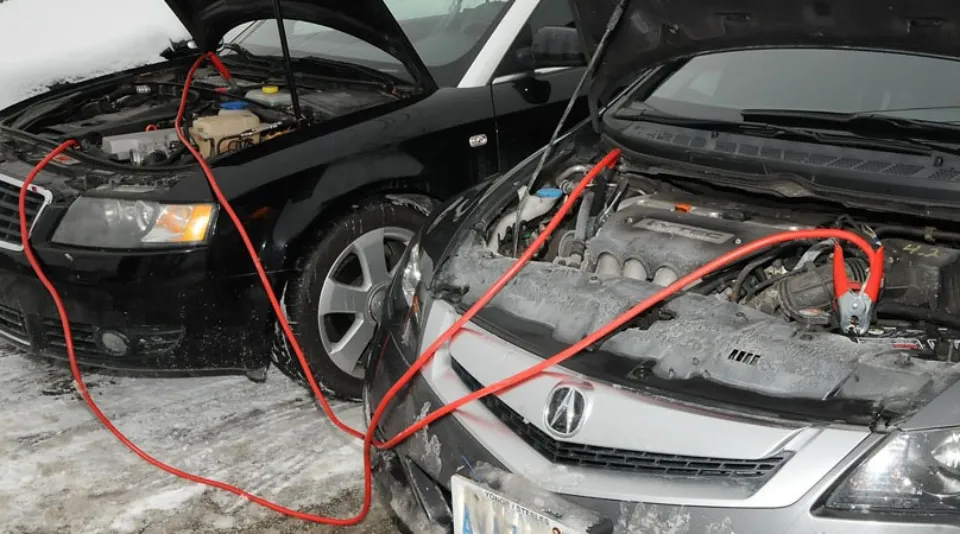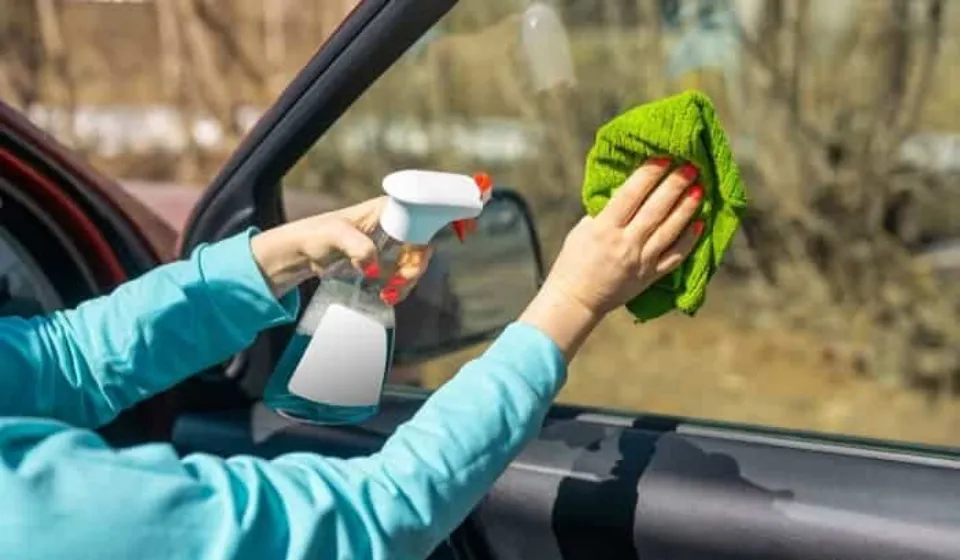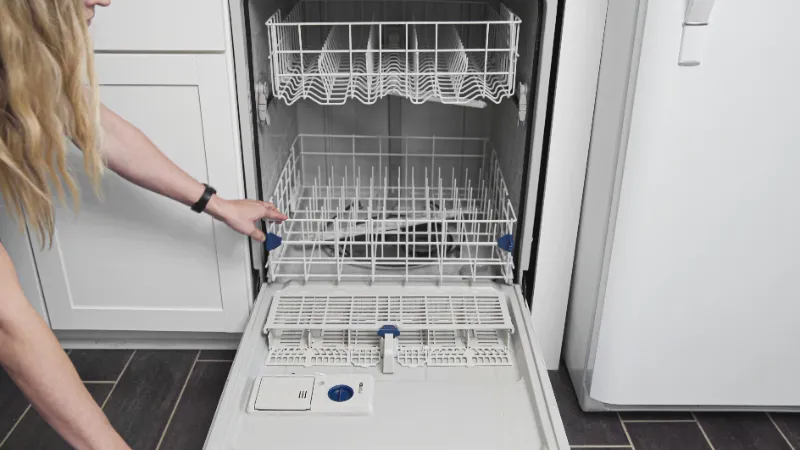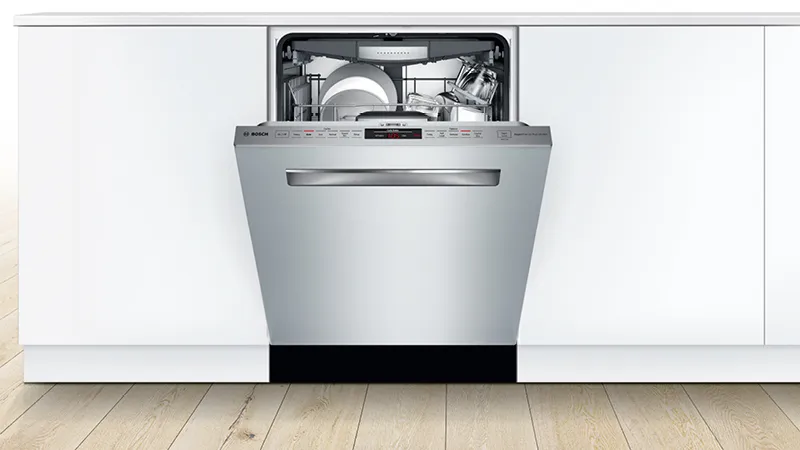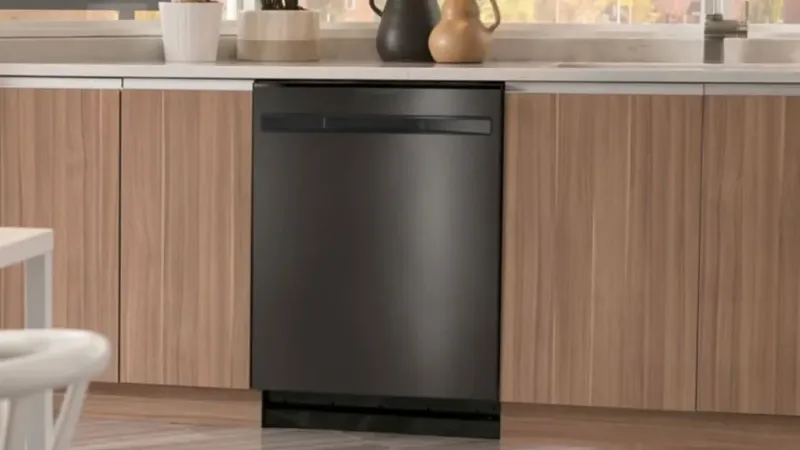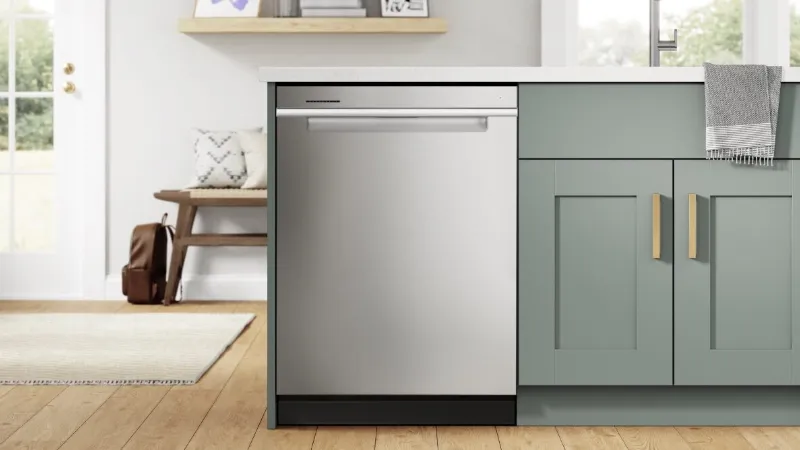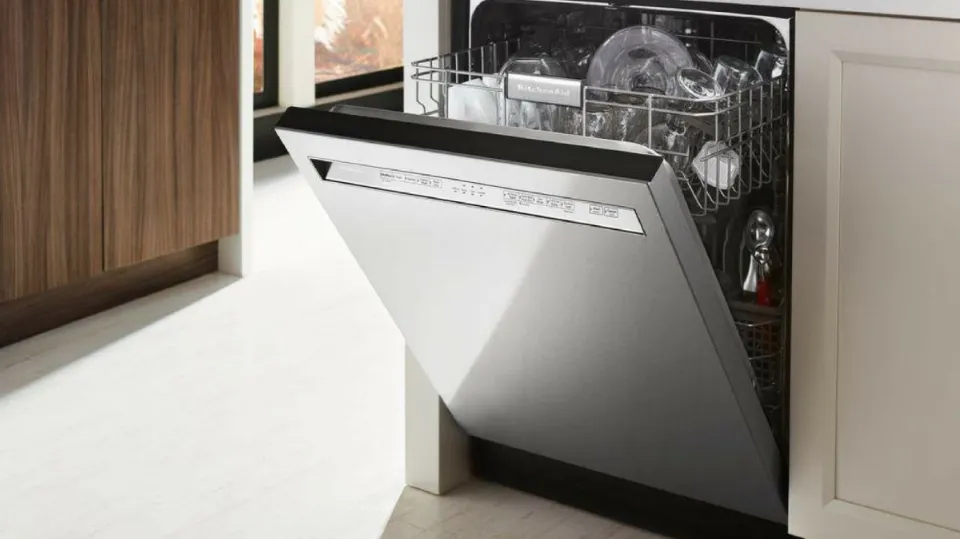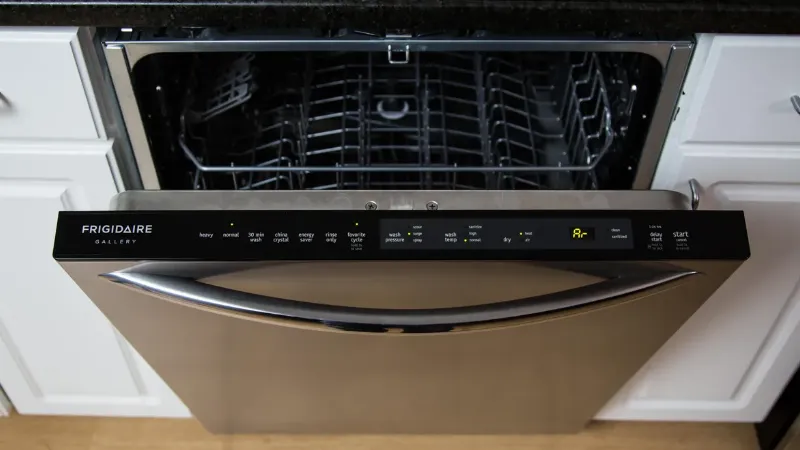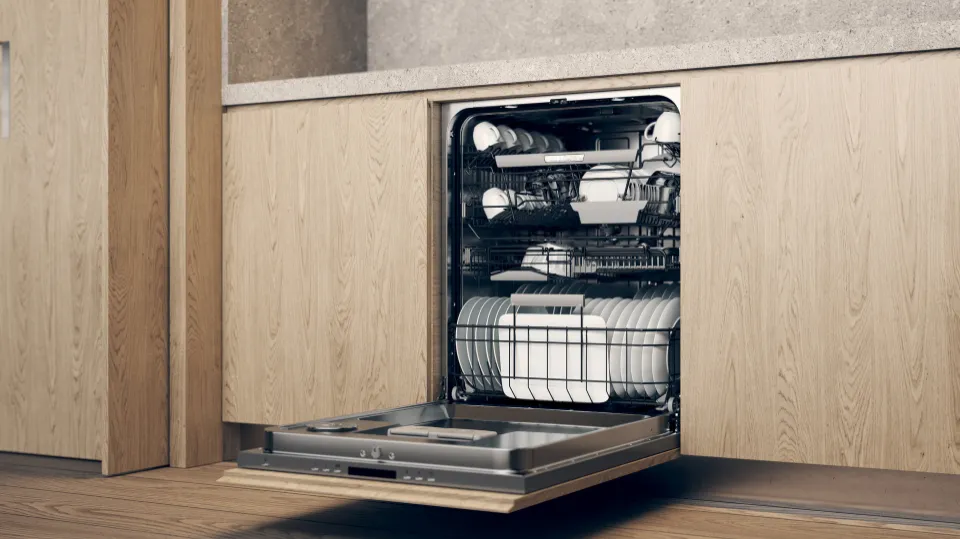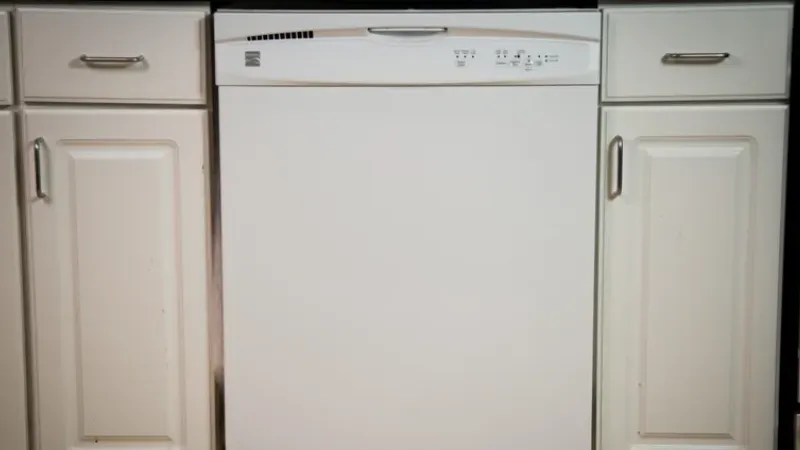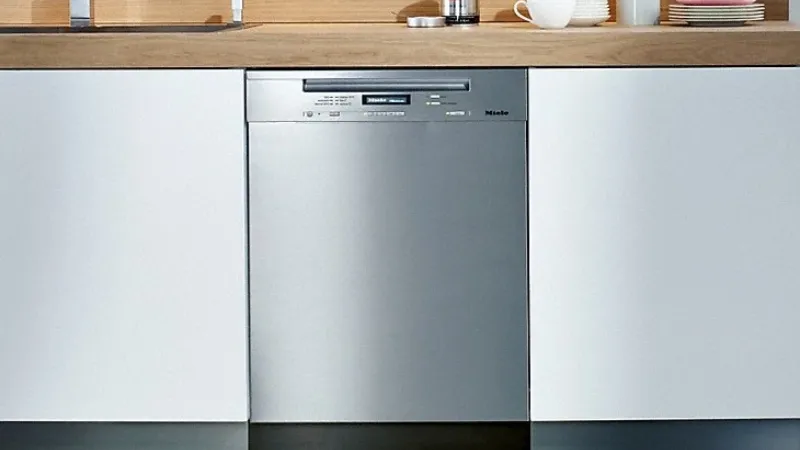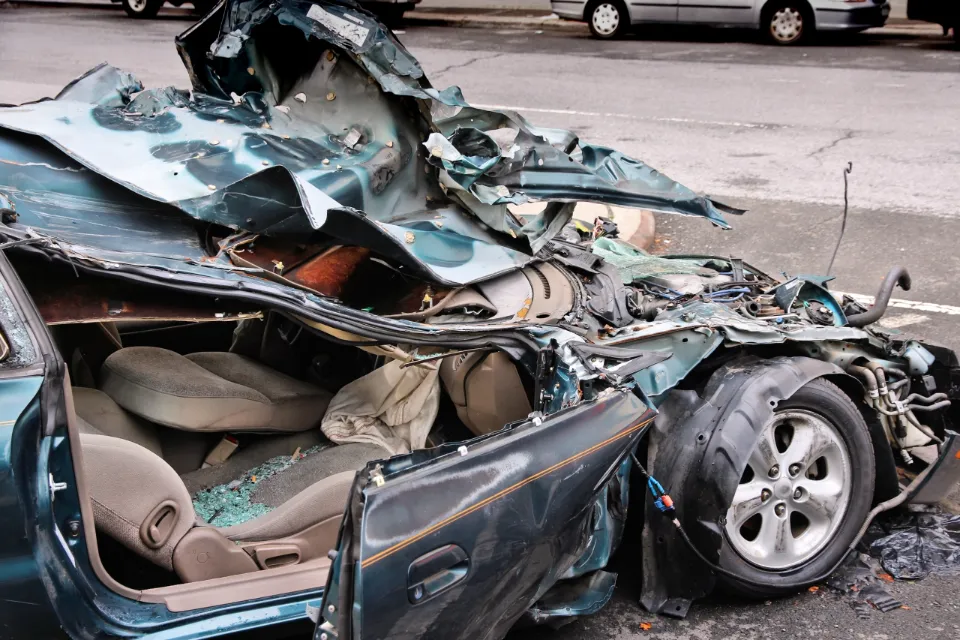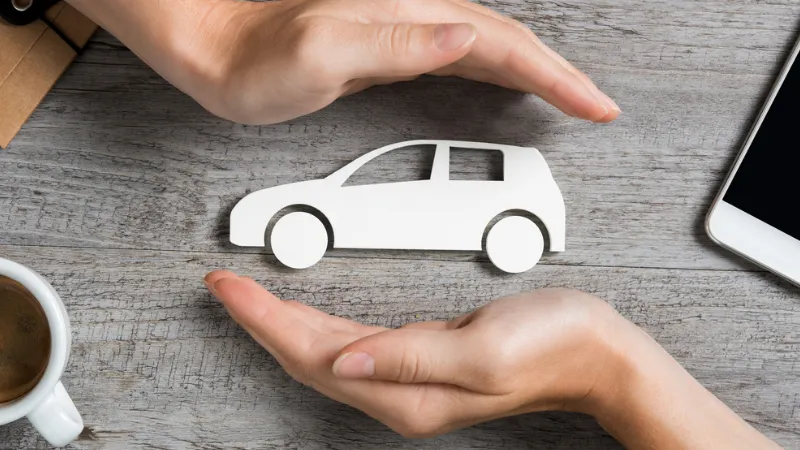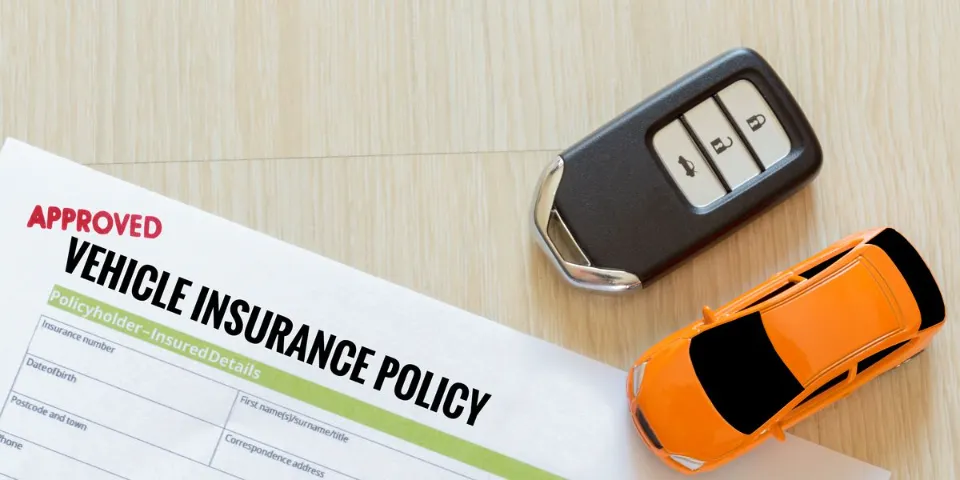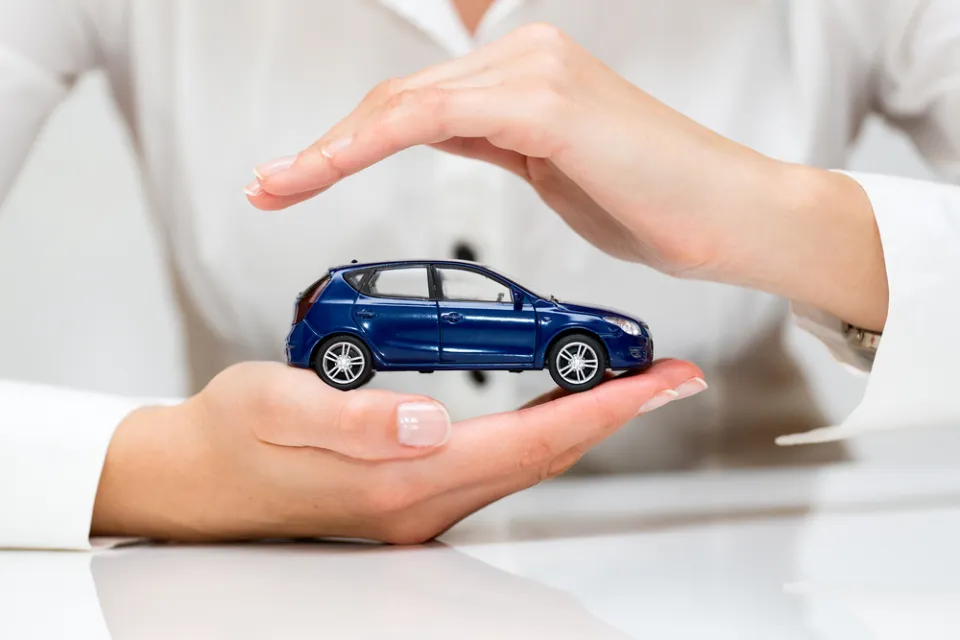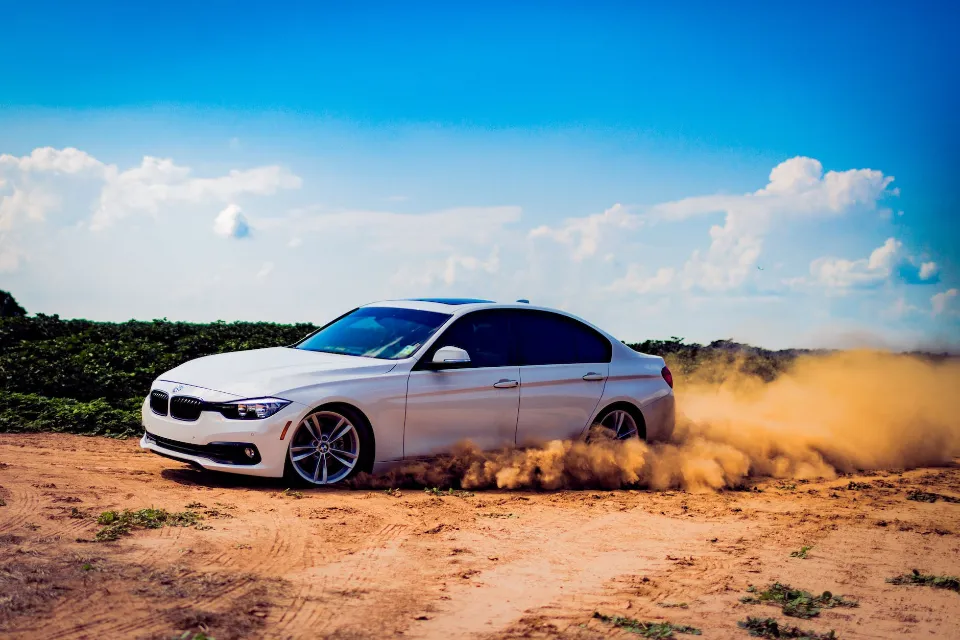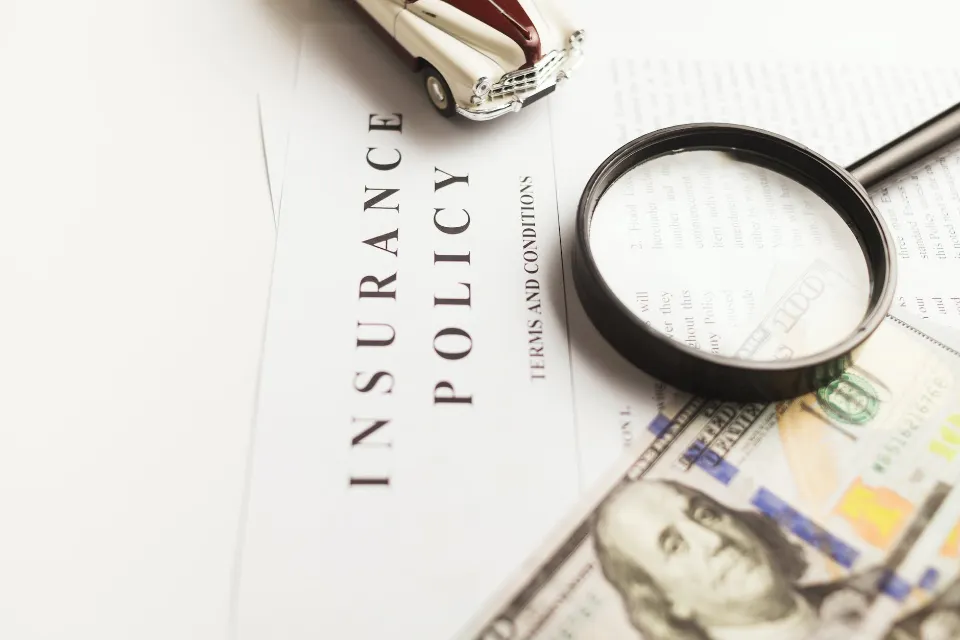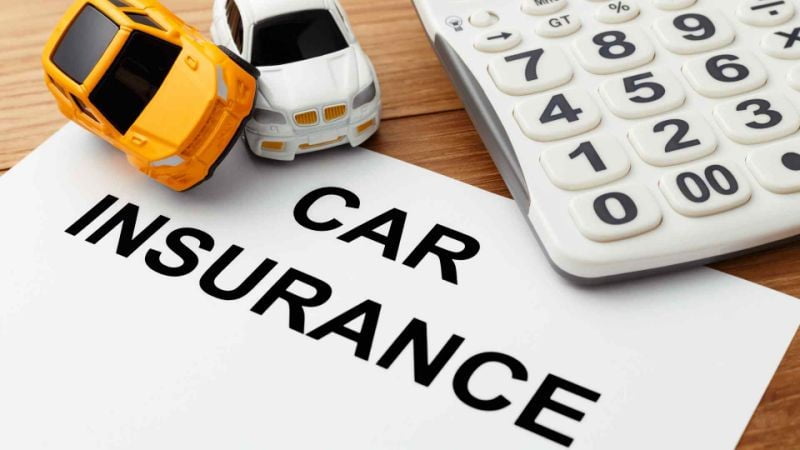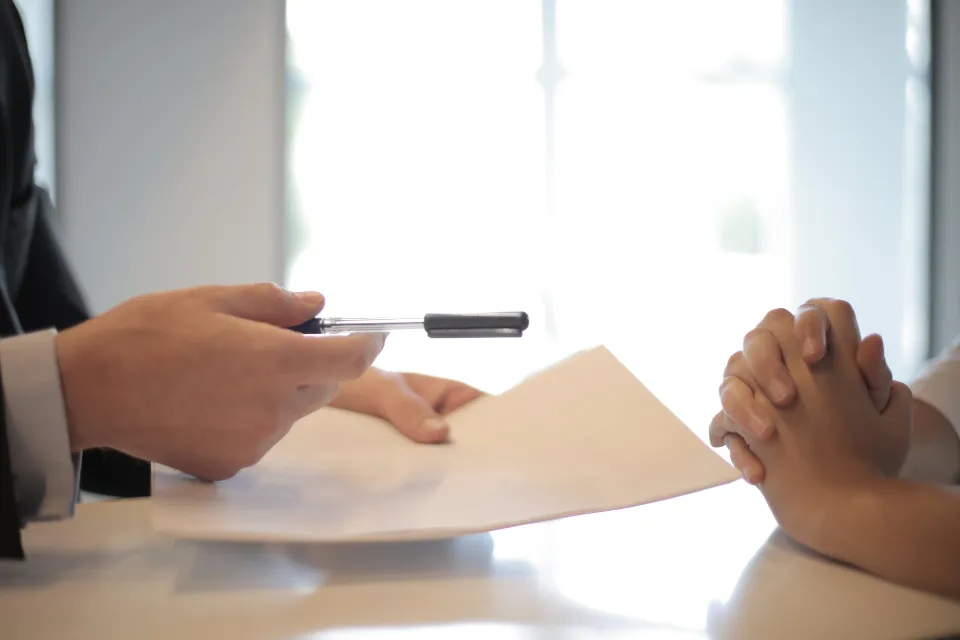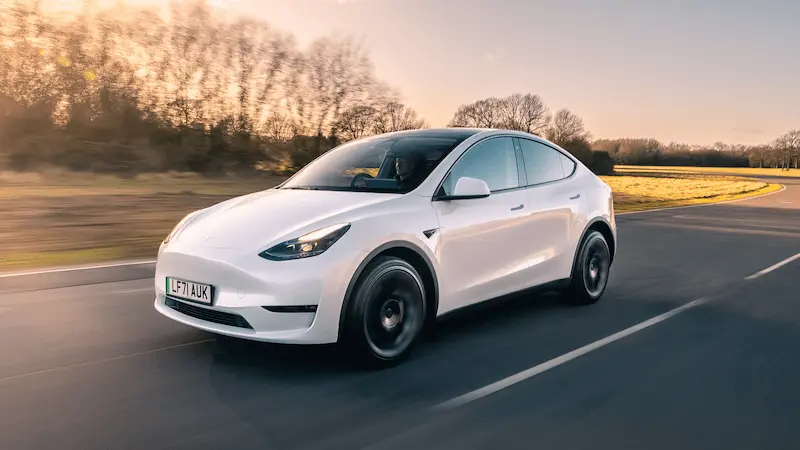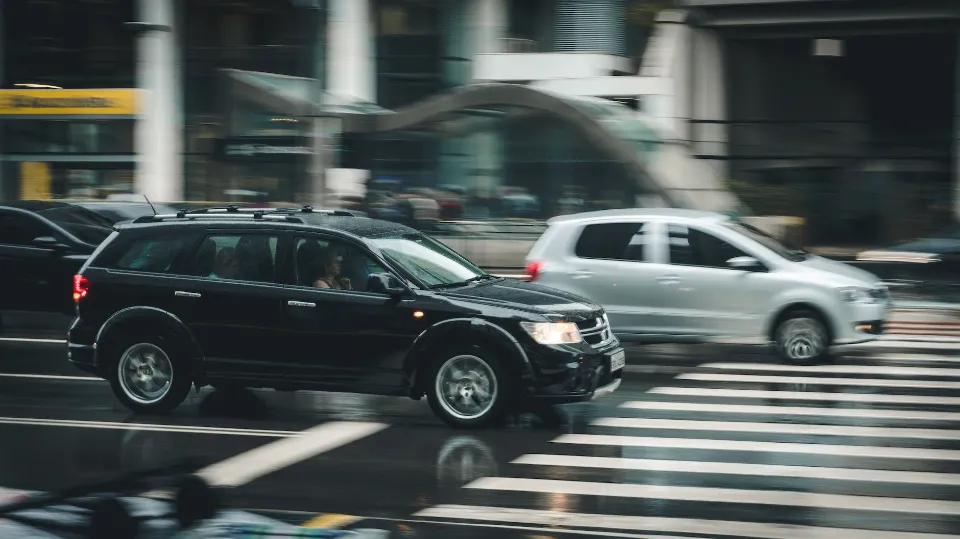Utilize a product you already own to reduce the cost of window cleaning supplies. If so, you are in the right place.
In this post, we’ll take a look at whether or not you can use toothpaste to clean windows and glass surfaces like mirrors and shower doors.
We’ll also point out a few additional toothpaste uses around the house that might be useful.
Read on to learn more about this versatile cleaner and hopefully, save some pennies on its alternatives!

Can Toothpaste Be Used for Household Cleaning?
In the same way that toothpaste cleans your teeth, it can also be used to clean various surfaces in your home.
This is because it contains ingredients that are mildly abrasive, like bicarbonate of soda, hydrated silica, and calcium carbonate.
A great way to get the brightest gleam is to use whitening toothpaste formulas that contain sodium hydroxide (or something similar).
Many toothpastes are antimicrobial too—great for removing any lurking bacteria without the need for harsh chemicals.
Additionally, they’ll leave a minty fresh scent in the areas you’ve cleaned!

Should You Use Toothpaste to Clean Windows?
Do you want to know if you can clean windows with toothpaste? The answer is yes!
All types of glass surfaces, such as windows, shower doors, and mirrors, can be cleaned with toothpaste.
Use a white, non-gel toothpaste like Colgate’s Total Original or Deep Cleaning Whitening Toothpaste with Baking Soda, but be careful because dyes can stain and gels aren’t very effective.
Similarly, you should avoid pastes with microbeads that could scratch the glass. Prior to applying the toothpaste, you should also clean any debris from the window for the same reason.
Read about
How to Clean Inside Car Windows Properly?
How to Clean Car Windows Without Streaks?

How to Clean Windows With Toothpaste?
Toothpaste is a fantastic solution if condensation leaves unsightly white water marks on your windows because you live in a hard water area.
The mineral residue that the water droplets left behind will be broken down by the paste’s fine particles.
All you need to do is:
To remove any dirt, clean the window with a cloth, then dry it with a paper towel.
A clean, damp cloth should be dipped in a small amount of toothpaste (about the same amount you would use to brush your teeth; you can always add more later if necessary).
Next, use a wet, lint-free cloth to remove any remaining material (or, if you’d rather, a steam cleaner) to do so.
Finally, use a squeegee to remove any streaks and ensure a crystal-clear view.
This technique can also be used to remove soap scum and water stains from shower doors. Find out more about removing limescale from glass, tiles, sinks and toilets on our blog.
Tip: if the paste feels too dry to work into the glass or it’s smearing rather than foaming, try adding a bit more water to the cloth to help it lather.
If at all possible, avoid working in direct sunlight because it will hasten the paste’s drying process.
Read about
How to Remove Stickers from Car Windows?
How Much Does It Cost to Tint Car Windows?

Does Toothpaste Remove Scratches from Glass?
Although it can’t fix deep grooves, toothpaste is one of the best tools for polishing out tiny, fine scratches from glass surfaces.
This is due to their slightly gritty texture, which gently sands a thin layer off the surface to even out the glass and remove the scratch.
So, whether you’ve got a mark on your window or your phone screen, simply follow the method above and repeat as necessary until the scratch is no longer visible.

What Else Can You Clean With Toothpaste?
Of course, there are many more skills that this common household item possesses. In fact, toothpaste can be used to clean a whole host of things including:
Stainless steel fixtures and fittings (e.g., taps and door handles)
Kitchen and bathroom countertops
Crayon and permanent marker from painted walls
The white rubber trim on trainers
Jewellery that’s lost its shine
Plus, much more!
KV Auto tries to give you the best car industry information. I really appreciate your reading.

